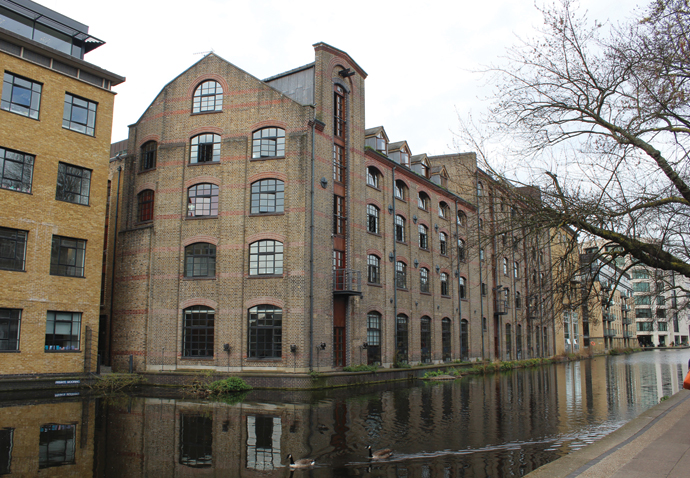Canalside warehouse: developers don’t care
Friday, 23rd August 2019

Regent’s Wharf
• ONCE again Islington’s planning committee has been vindicated and once again canal campaigners have celebrated a positive outcome (Canalside warehouse is rejected, August 16).
But isn’t it a shame that we need to spend so much time, money and energy battling with developers who simply cannot accept they are in the wrong?
The developers at Regent’s Wharf clearly had some good intentions to boost office space and business opportunities in King’s Cross, and they managed to impress a council officer or two. But they exhibited blatant disregard for our industrial heritage, our conservation area, and the human needs of the neighbouring residents.
In December 2017 we rejoiced when our councillors rejected this overbearing plan but our celebrations were soon frustrated when the developers appealed.
Twenty months later we find ourselves celebrating again, with a feeling of déjà vu, because a government inspector has announced something that we knew all along, that the council was right to quash this plan. It’s nice to receive this reinforcement but the suspense has caused unwelcome stress to many.
Further north in the borough, communities are actively celebrating 150 years of Finsbury Park. The Victorians recognised the human need for open spaces and they created people’s parks to combat ill health and poor living conditions.
So it is quite ironic that developers in the south of the borough see fit to block off courtyards and deprive residents of natural light. Has knowledge transfer become a thing of the past? Or is quest for money the only driving force these days?
Sometimes I wonder whether planners have been eyeing up King’s Cross as a clone of Moorgate, somewhere ripe for intensification.
Yes, there are excellent transport links and precedents have been set for bulky buildings, but this district is occupied by communities as well as officer workers, so King’s Cross can never be another Moorgate.
Whenever campaigners and residents score a victory like this there will be critics on the sidelines accusing us of acting like nimbys interfering with the economy. But the canal is no longer a back yard; it is everybody’s open space.
Natural daylight is not a luxury, it is essential for a healthy life (physically and mentally); and heritage buildings are one of our few connections to the industrial revolution that led to London’s growth. If we are expected to sacrifice these priorities then the economic model has serious flaws.
Councils do not always put public need before developer greed, as the canyonisation of the canal in Hackney and Camden has demonstrated. But thankfully Islington has found the right balance. Let’s hope it stays that way.
IAN SHACKLOCK
Friends of Regent’s Canal